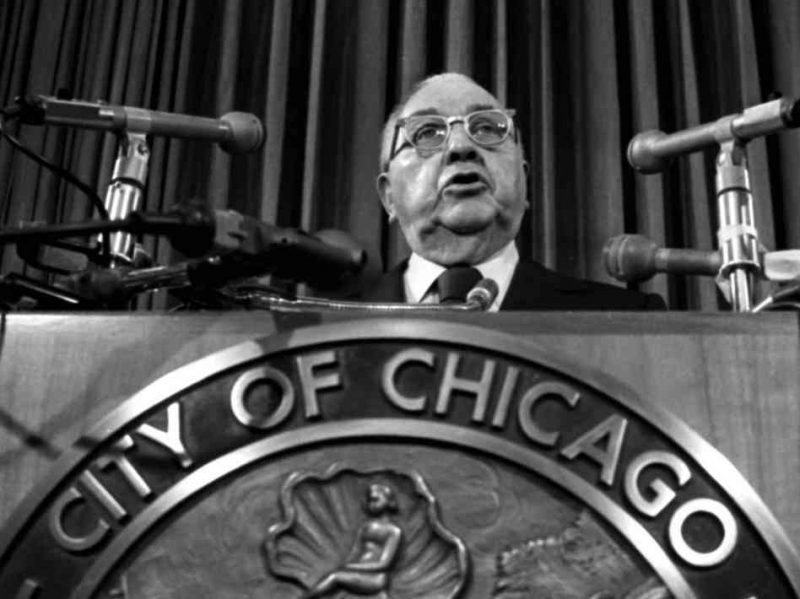- January 12, 2015
- Content
What Social Media Marketers Can Learn From the Chicago Political Machine
“We don’t want nobody nobody sent.”
 Ask a Chicago native what the above quote means, and you’ll hear about the patronage-driven political machine that ruled the city for years (and some say, still does). As the story goes, a man stopped by a ward headquarters in Chicago in 1948 to volunteer. When asked why he was there, he replied, “Nobody sent me.” He soon learned his assistance was not welcome.
Ask a Chicago native what the above quote means, and you’ll hear about the patronage-driven political machine that ruled the city for years (and some say, still does). As the story goes, a man stopped by a ward headquarters in Chicago in 1948 to volunteer. When asked why he was there, he replied, “Nobody sent me.” He soon learned his assistance was not welcome.
What does this have to do with social media? It’s all about the power of being connected. Members of Chicago’s tight-knit political circle didn’t allow just anyone to infiltrate their ranks – you had to have some tie to their organization, some “clout.”
You’ll find something similar is true in most social communities: while you can spread a message far and wide, and possibly gain moderate interest, the real response comes when a powerful member of that community advocates that message personally.
It makes sense: Why would someone respond to a random account over someone they know and respect? As a marketer, you need that trusted voice to vouch for you before you’ll be fully welcomed into the club, no matter how great you think your message is. In other words, you need someone with clout – or at least a high Klout score.
So, how do social media marketers make those all-important connections and get into the club?
Learn who matters
There are many tools out there to help you find these powerful, well-connected folks whose words will open a lot of doors for you. You can start with free (or freemium) services like Followerwonk and WeFollow to understand the landscape of who is most influential in a given topic on social media. If you want to dig deeper and get your hands dirty with some spreadsheets, BuzzSumo and LittleBird are worth a look. What you’re looking for are social users with large, engaged audiences and a propensity to share.
Learn who matters to you
You can’t make friends with everyone, and you probably don’t have the resources to try. Focus on the users who are most connected in your particular area, on channels that your audience uses most, and who have some history with your brand – you may find your CRM system to be a great help here.
Know what you have to offer
As any well-connected politician will tell you, you can’t expect to get something for nothing. While paying for social media assistance is unlikely to have great benefits in the long run, there are other ways to get on the good side of these influencers, like: sharing or replying to their posts, adding them to public expert lists, or asking for their opinion on a product or trend. Social media, like politics, is all about relationship-building – so don’t expect to just pull a list of influencers and be able to have them in your pocket by the end of the week.
Know what you want in return
Eventually, you’ll be at a point to ask for your own favor. Keep it simple and straightforward (“Here’s a link to our new product – mind sharing it with your followers?” ), using the communication channels they most prefer. These movers and shakers likely don’t have the time or inclination to spend a bunch of time on back and forth, so they’ll appreciate getting to the point.
Monitor the results
Did your campaign actually do any better with the help of your new ‘friends’? You need to understand when you’ve found a truly powerful patron, and when you need to move on to building new relationships that will create the impact you need.
Get in good with the right people, and you’re golden: Your new friends can advocate for your brand and products, help you find new audiences and make every campaign a little more fruitful. No wonder the Chicago machine lasted for so long.
Interested in talking social media or the inner-workings of Chicago politics? Leave a comment or connect with me on Twitter or LinkedIn.
building social influence, social, social media, social media marketing, social media strategy



